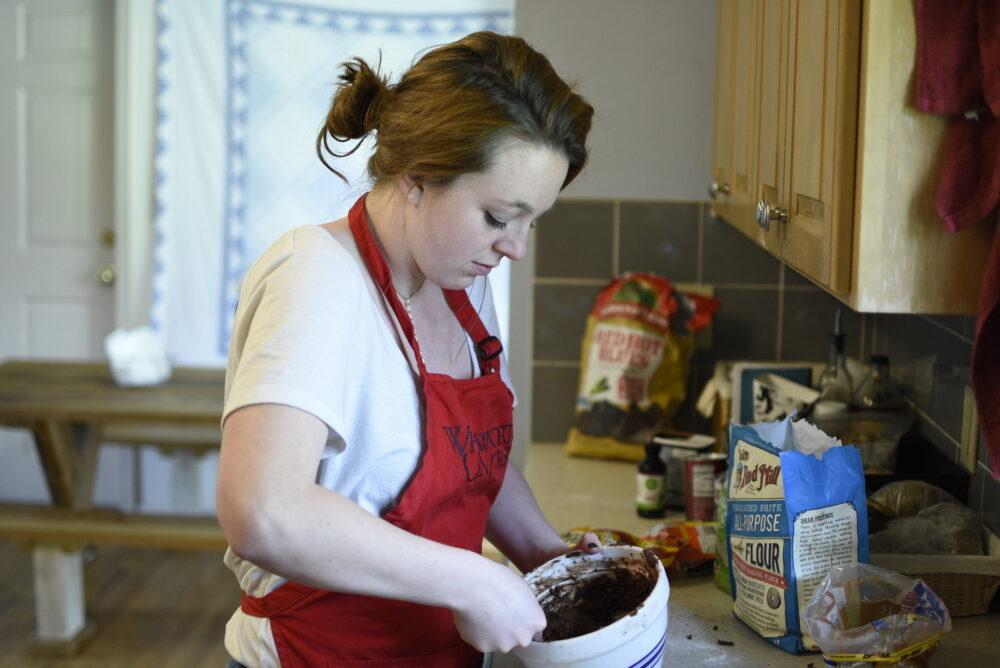All Whitworth classrooms should utilize debate as a teaching tool.
Classroom debates can provide an environment where students may take the information learned through lecturing and homework and apply it in a meaningful way to better understand the information.
University debate teams such as the Whitworth Forensics team, which I am a part of, provide the opportunity to debate in a structured environment against other people from schools regionally, nationally and internationally.
In a study published in the International Journal of Teaching and Learning in Higher Education, Bloomsburg University professor Ruth Kennedy said that in-class debates are, “fertile ground for active learning and the cultivation of critical thinking and oral communication skills.”
The benefits gleaned from participating on a university’s competitive debate team should not be constrained to just those students, as principles of the competitive debate format can and should apply to all classes.
According to the National Dropout Prevention Center, active learning is defined as “a general term for teaching and learning strategies that engage and involve students in the learning process.”
The center also states that active learning activities such as debate reduce boredom, prevent dropout and give students control of their education.
Critical thinking is a skill significantly improved by participating in classroom debate, and has been shown to be significantly lower than expected among college students, according to Academically Adrift: Limited Learning on College Campuses, a book by New York University sociologist Richard Arum.
The book is based by a study done on college students that found that 45 percent of college students in their first two years made no significant improvement in critical thinking, reasoning or writing skills. After four years, 36 percent showed no significant gains in their critical thinking skills.
According to a Job Outlook 2011 survey by the National Association of Colleges and Employment (NACE), recent college graduates lack oral communication skills that are necessary to be effective employees.
Since presumably the reason for students to attend college is to gain an education and better job prospects, employable skills are necessary to learn.
Debate does those things. If professors utilize debate, either as individuals doing a formalized debate or a as classwide discussion arguing issues at hand, students will be able to actively learn and develop critical thinking and oral communication skills, which will hopefully result in a more employable student after graduation.
egoodell18@my.whitworth.edu









 Spokane?
Spokane?